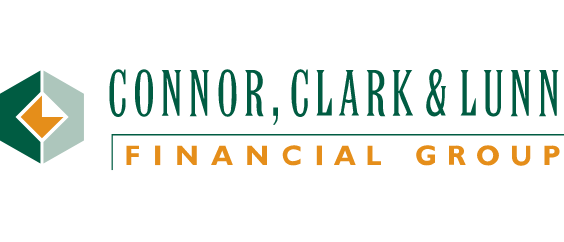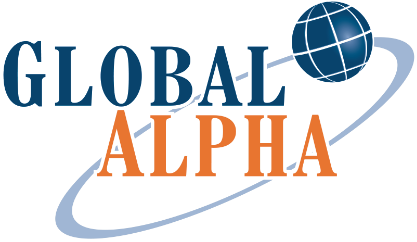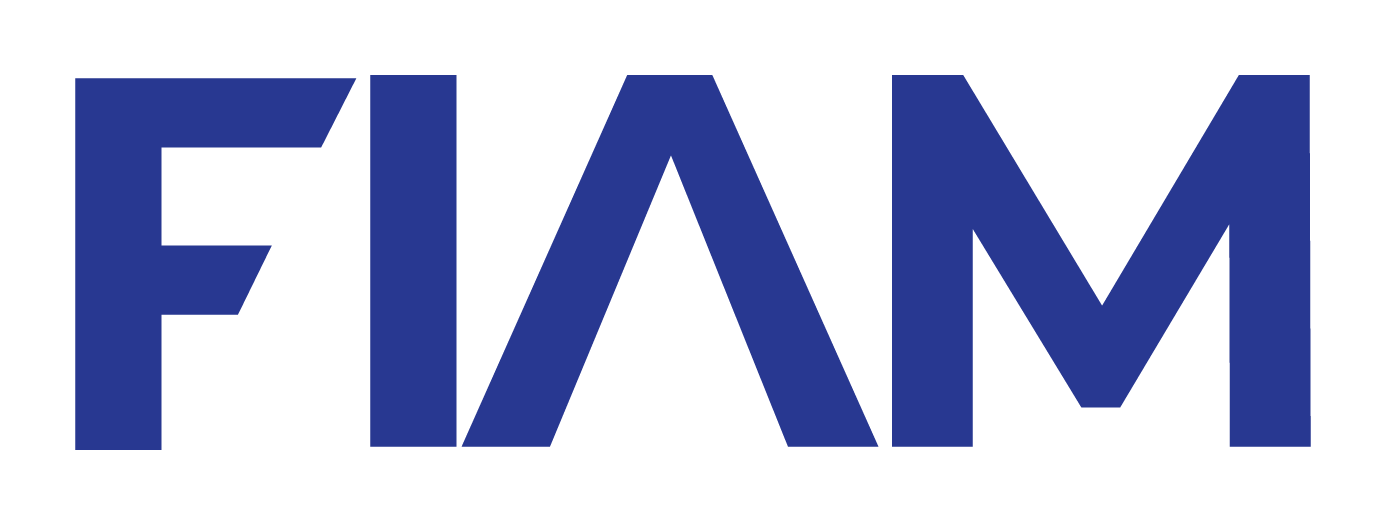One of the most valuable commodities in the world is now recognized as data, and the financial industry is at the forefront of its production, analysis, and utilization.
Organized by:


Sponsored by:



Developing the Next Generation of Finance Talent:
Fusing Finance and Data Science, with Finance at the Forefront
Why this is important
There is a wealth of research, surveys, and testimonies from leading asset management institutions that underscore the urgent need for talent development in the AI-driven era. Closer to home, here is a statement increasingly shared within the CIO circles of investment management firms, both large and small.
“The increased complexity and sophistication will drive a significant gap between smart investors and other investors. Smart investors continue to use advanced analytics and alternative data sources to become better investors.” 1
“It is a very uncomfortable feeling that most of the relationships and theories we’ve learned in business school and used as guidance in our investment decision-making are simply not working anymore.” 1
1 Eduard van Gelderen and David Ouellet, respectively CIO, and Senior Vice-President and Chief Technology, Data and Operations and PSP Investments. Source: Sustainability, Technology and Finance.
More data, more information, more knowledge, more intelligence, and more efficient investment strategies
This statement carried implications for both, the finance/investment community as well as the academic realm. Investors should be prepared to embrace data-driven approaches, consider the ethical and regulatory aspects of data usage, and adapt to the evolving landscape of data-related investment opportunities and risks. Simultaneously, academic institutions and universities must urgently adapt their education programs to prepare students to this data-driven future.
The McGill-FIAM in Asset Management – A unique design
An initiative that embodies the scholarly rigour associated with an academic institution like McGill University but also be in touch with the practical, real-world demands of the investment sector.
“The purpose of this hackathon is to contribute to the emerging trend of understanding what AI can and cannot do in Asset Management. This will be achieved through competitions involving students from various universities and countries. Additionally, it aims to develop emerging talent at the intersection of Financial Economics and Computer Science.” 2
2 Dr. Russ Goyenko is associate professor of finance, the Desautels Faculty of Management (bio) and Chair the organizing committee.
A Collaborative Initiative - McGill & FIAM
The McGill Desautels Faculty of Management – Finance Area, in collaboration with the Innovation + Partnership department, has taken on the permanent responsibility of hosting the hackathon. This initiative encompasses the design and execution of the event, leveraging valuable university resources such as administrative support, marketing, promotion, and the involvement of Master’s and PhD-level students.
The project’s success, however, heavily relies on the active participation of key industry players. FIAM will primarily focus on securing industry partners to provide financial support and participate as advisors, judges, mentors, or speakers. Leveraging its extensive network, FIAM will further contribute by tapping into its broad ecosystem of relationships with local, national, and international partners, including professional associations, semi-public institutions, industry collaborators, and universities.
This strategic positioning serves as a dynamic bridge, facilitating seamless information exchange and enabling FIAM to act as a conduit. Through these collaborations, FIAM aims to identify and leverage synergies, fostering collective engagement toward the hackathon’s goal.


